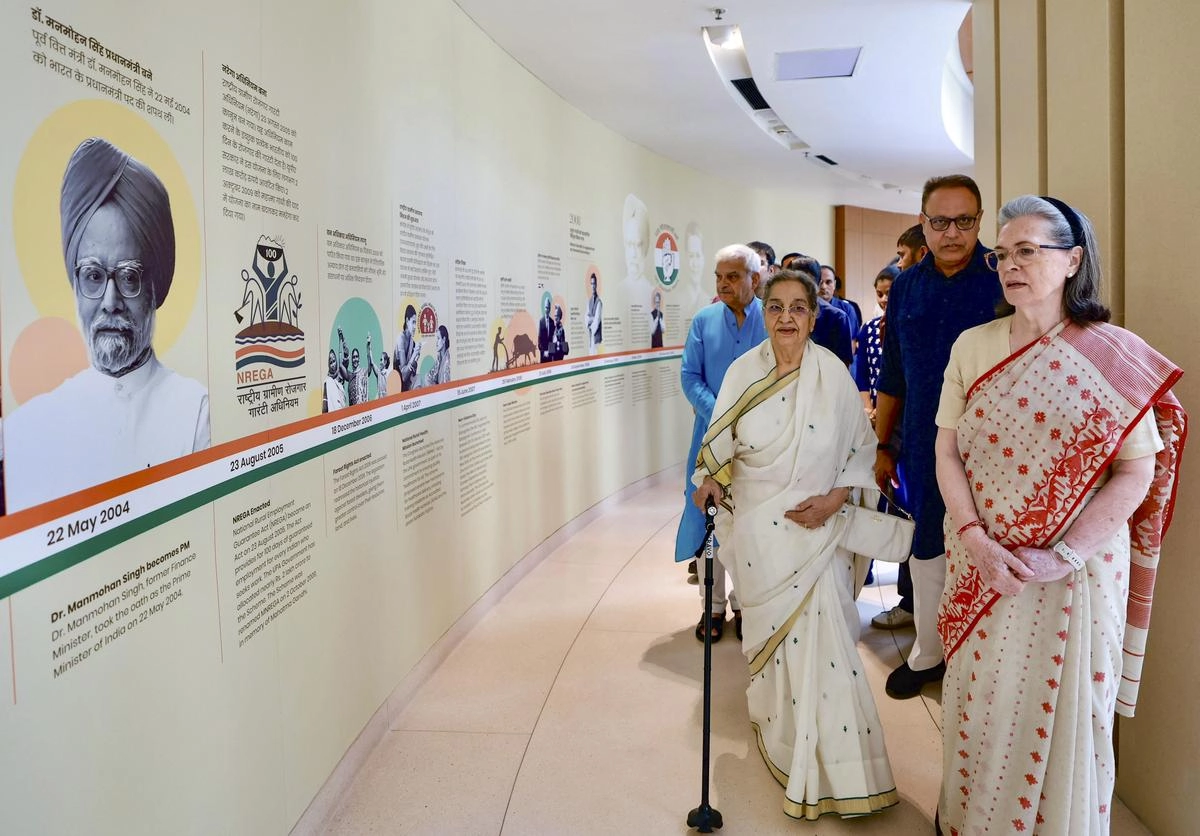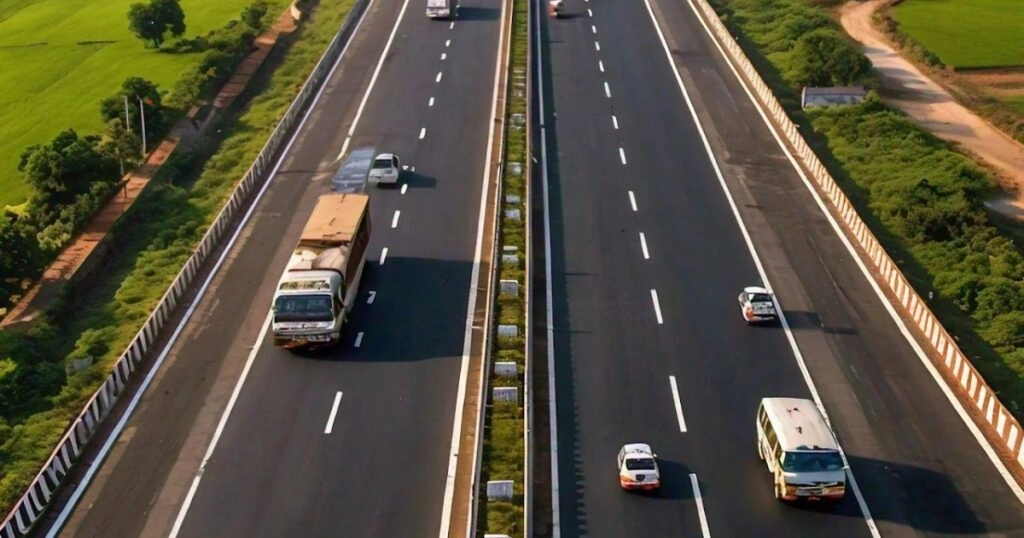Goa has embarked on a transformative journey towards digitalization, particularly within its village panchayat services. The initiative, aptly titled “From Paper To Portal,” aims to streamline administrative processes, enhance transparency, and improve accessibility for residents. Traditionally, village panchayats operated largely through cumbersome paperwork, which not only delayed service delivery but also made it difficult for citizens to access essential services. By transitioning to digital platforms, the government seeks to eliminate these inefficiencies and create a more responsive governance model.
The digitalization process involves the implementation of an online portal where residents can access a wide array of services, from applying for permits to accessing local development plans. This shift is not only about convenience; it also promotes greater accountability among elected officials and local administrators. With services available online, citizens can track the status of their applications in real-time, fostering a sense of trust and engagement in local governance. Moreover, the move reduces the scope for corruption often associated with face-to-face interactions in bureaucratic processes.
In addition to improving service delivery, the initiative is also focused on enhancing the digital literacy of local residents. Training programs are being rolled out to ensure that all citizens, regardless of their technical background, can navigate the new systems effectively. This commitment to inclusivity is crucial, as it ensures that the benefits of digitalization reach every corner of the community. As Goa continues on this path of modernization, it sets a precedent for other regions in India, showcasing how technology can be leveraged to empower local governance and improve the quality of life for its citizens.
Overall, Goa’s “From Paper To Portal” initiative represents a significant step towards modernizing village panchayat services and making local governance more accessible. By embracing digital solutions, Goa is not only improving efficiency but also reinforcing the principles of transparency and accountability in public administration. As this initiative unfolds, it promises to serve as a model for other states seeking similar advancements, ultimately contributing to a more informed and engaged citizenry.




